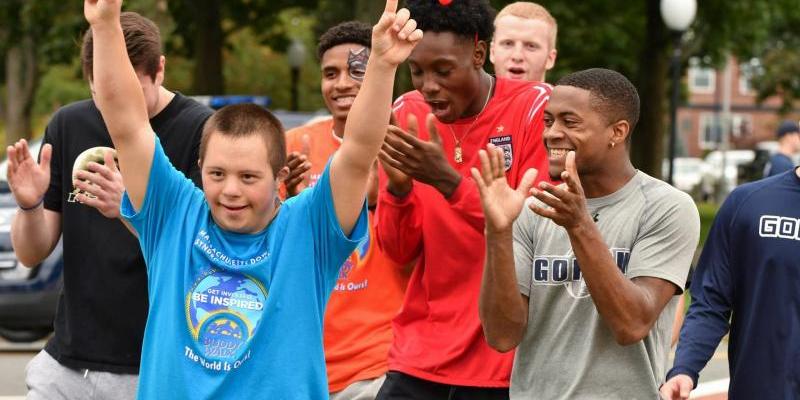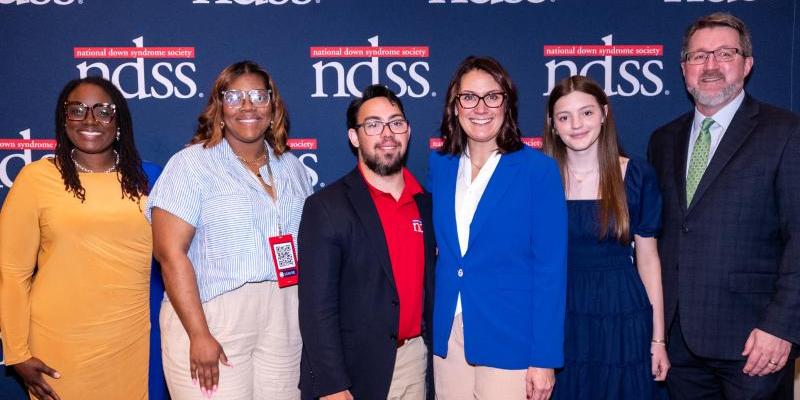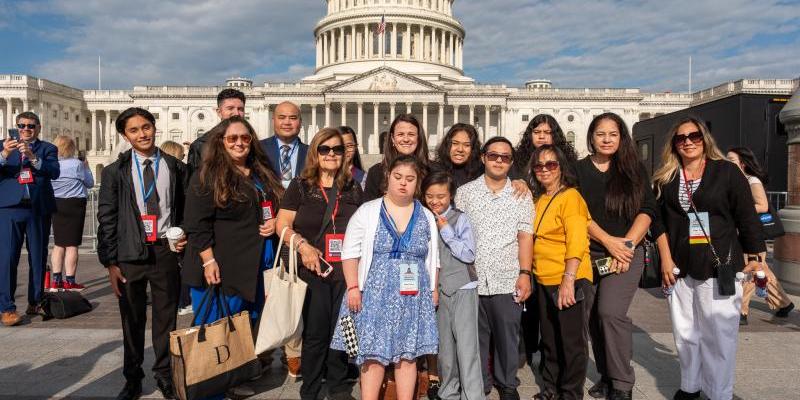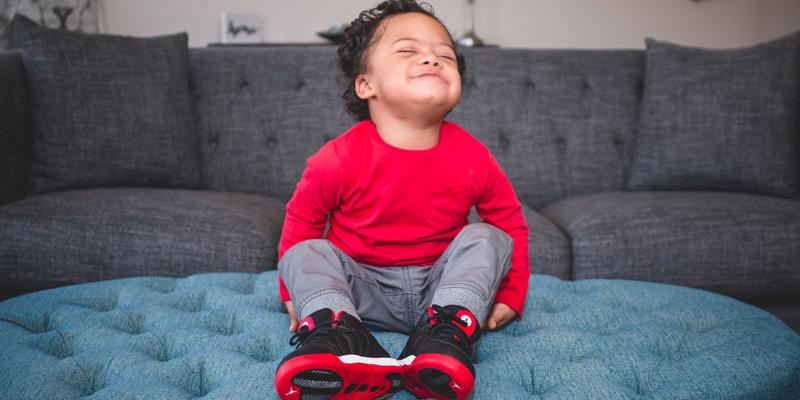FOR IMMEDIATE RELEASE
NDSS MEDIA CONTACT:
Michelle Sagan
202-848-5409
LAWMAKER INTRODUCES LEGISLATION TO PREVENT ORGAN TRANSPLANT DISCRIMINATION
Little Rock, AR (January xx, 2021) - The National Down Syndrome Society (NDSS), the leading human rights organization for all individuals with Down syndrome, applauds the introduction of SB 155, known as Lila’s Law to uphold the rights of qualified organ transplant candidates who have a disability.
Introduced by Senator Breanne Davis of Arkansas 16th Senatorial District, Lila’s Law prohibits discrimination against individuals based on their disability when seeking an organ transplant. This legislation would uphold and enforce rights established in the Americans with Disabilities Act of 1990.
“Despite federal protections, people with physical and intellectual disabilities are barred from receiving a life-saving organ in many states. This discrimination is a violation of their basic human rights," said NDSS Director of Government Relations Ashley Helsing. “Passage of Lila’s Law will save countless lives of people in dire need of transplants.”
If passed, Lila’s Law will ensure that a person’s capacity to comply with post-transplant treatment requirements is not a significant reason to deny them a transplant procedure. Furthermore, this bill requires that health care providers make policies, practices and procedures accessible to qualified recipients with disabilities.
Federal legislation, the Charlotte Woodward Organ Transplant Discrimination Prevention Act, was introduced in the 116th Congress and is anticipated to be reintroduced in the 117th Congress. The bill is named for Charlotte Woodward, an advocate with Down syndrome and member of the NDSS staff who received a life-saving heart transplant nearly nine years ago. Since then, she has advocated tirelessly to ensure others with Down syndrome and other disabilities have the same access to transplants.
Sixteen states have passed state-level legislation, similar to Lila’s Law, enforcing non-discrimination policies for organ transplants: California, Delaware, Florida, Indiana, Iowa, Kansas, Louisiana, Maryland, Massachusetts, Missouri, New Jersey, Ohio, Oregon, Pennsylvania, Virginia and Washington.
NDSS has resources available to assist those willing to support non-discrimination in organ transplantation for people with disabilities. For more information, please visit https://dev-temp-ndss2.pantheonsite.io/advocate/ndss-legislative-agenda/healthcare-research/nondiscrimination-in-organ-transplantation-laws-toolkit/.
###
About NDSS:
The National Down Syndrome Society (NDSS) is the leading human rights organization for all individuals with Down syndrome. NDSS envisions a world in which all people with Down syndrome have the opportunity to enhance their quality of life, realize their life aspirations and become valued members of welcoming communities. Founded in 1979, NDSS supports and advocates for the Down syndrome community by focusing on three key areas of programming: Resources & Support, Policy & Advocacy and Community Engagement. Within these focus areas NDSS engages in various activities, events and programs such as the National Advocacy & Policy Center, which seeks to create systemic change through engaged advocacy; the National Buddy Walk® Program, which honors and celebrates individuals with Down syndrome in local communities across the world, and other initiatives that provide support, informational resources and community engagement opportunities for individuals with Down syndrome and those who support them. Visit www.ndss.org for more information about NDSS.







